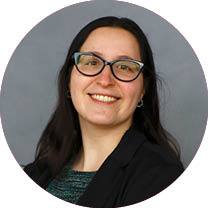In a Nov. 9 Houston City Council meeting, both plans—for a Macquarie Holdings offices and a Men’s Warehouse’s corporate offices and distribution center—were passed for nomination as the first and second Texas Enterprise Zone projects from the city for the 2022-23 fiscal year. A TEZ allows for communities to partner with the state for both job and economic growth.
Both plans were introduced at the city’s economic development committee meeting Oct. 19.
Macquarie Holdings—a subsidiary of Macquarie Group Limited, a global financial services holding company headquartered in Sydney—is a part of the One Allen tower on 500 Dallas St., Houston, and focuses on the trading of oil, natural gas and electricity.
This project with Macquarie Holdings involves a $29 million investment by the city over the next three years for a 13,000-square-foot expansion and renovation of the company’s space. This investment will allow for the retention of 400 jobs and creation of 100 jobs.
Since Macquarie Holding is not located in a TEZ, 35% of the jobs must be filled by people living in an area with a poverty rate of 20% or higher—also known as an Enterprise Zone as determined by U.S. Census Bureau data—or individuals who are economically disadvantaged.
The latter project involves the Men’s Warehouse distribution center—located at 10485 W. Bellfort Blvd., Houston, within an EZ—and Men’s Warehouse’s corporate offices at 6380 Rogerdale Road, Houston. This will be a $15 million investment by the city over the next five years with $13.5 million going to the distribution center, which allows for the retention of 425 jobs and the creation of 75 jobs at the distribution center.
As the distribution center is located in an EZ, it is required that 25% of the jobs be filled by people from an EZ or those who are at an economic disadvantage. It will also provide improved machinery and an increased distribution presence in the Houston area.
The city is projected to be reimbursed $1.25 million from both projects for a total of $2.5 million over a five year period.





